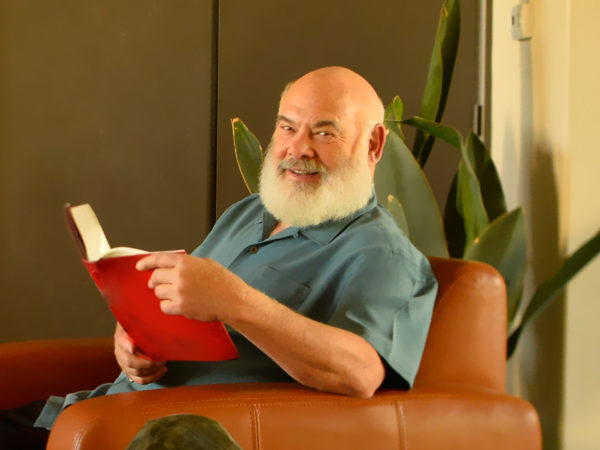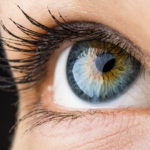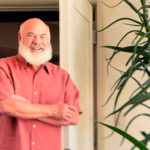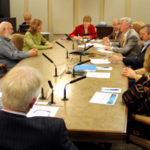The Eyes of Dr. Weil

What’s been the story of your personal eye health? You are over 70; do you wear corrective eyeglasses?
I was diagnosed as nearsighted in junior high school, and was wearing glasses by the time I entered high school. At some point as a college undergraduate, I got tired of them, so I just stopped wearing them. I never used glasses again until about 12 years ago. I use them only for distance, such as when I am driving.
That’s extraordinary…
Yes, I guess it is. People with me say, “Do you have contact lenses, how can you read such small print?” I can read labels, menus, all sorts of things. I guess it is considered unusual.
Do you have any explanation for that?
No I don’t, except maybe spending a lot of time outdoors and looking at distant things helped. But I also just made some kind of decision that I was not going to be dependent on glasses for reading. So I just wear glasses for driving, and if I am in a movie theater. But I do wear non-prescription sunglasses frequently when I am outdoors. Especially in Arizona.
You live in the Sonoran desert, do you wear sunglasses?
I do. I mostly look for cheap sunglasses that give wrap-around protection and guarantee good UV blocking. I like cheap ones because I tend to lose them! I do have a few pairs of higher-quality sunglasses if I am going to be outside for long periods of time – such as a desert hike or a day in the garden.
Yet isn’t one of the problems of modern life the fact that many of us are light-starved? Don’t we need to see bright light to regulate our circadian rhythms and hormonal balance?
There is a balance that we need to achieve. A certain amount of light is necessary for optimal physical and mental health. But I also think it is clear that over time, bright UV light does damage to the retina.
Macular degeneration is widespread as we age. Have you shown any signs of that?
No, I’ve been told I have no signs of it. Nor of cataract.
Do you think the fact that you’ve eaten an antioxidant-rich diet and taken supplements throughout your life has helped your eyes?
Yes, and I’ve also been careful about UV protection. Those are the only two real things you can do to lower the risk of those degenerative diseases.
What about eye exercises, do they work?
I am skeptical. I think they feel good, but I don’t think they can correct vision. The Bates Method, the Tibetan eye charts, I just don’t think they help much.
That having been said, I do think a major reason there is so much nearsightedness is that kids spend an inordinate amount of time staring at phone and computer screens. They don’t spend enough time outdoors, looking at distant things, which keeps the muscles that control distant vision strong and flexible. When looking at something close, everyone, adults and children, needs to look up regularly and focus on something distant.
What should people who have eye conditions do?
No serious eye condition – such as macular degeneration, diabetic retinopathy or glaucoma – should be treated solely with alternative approaches. An ophthalmologist’s care is vital. Conventional treatment usually involves prescription eye drops and drugs to control the elevated internal pressure in the eyeball. But there is some evidence that you can also help ease the condition by not smoking and lowering caffeine intake. A responsible exercise program such as brisk walking – be sure to check with your doctor beforehand – and taking antioxidants such as vitamin C can also be useful.
What should one do for simple eyestrain?
Rinsing the eyes with a sterile saline solution is good. Cool, wet teabags pressed on the eyelids are also very soothing. And of course naps!
Andrew Weil, M.D.
Want to learn more about aging gracefully? Start your free trial of Dr. Weil on Healthy Aging. This online guide offers simple and effective preventive health information and tools to help you embrace the aging process. Visit today and make every day a healthy one!












